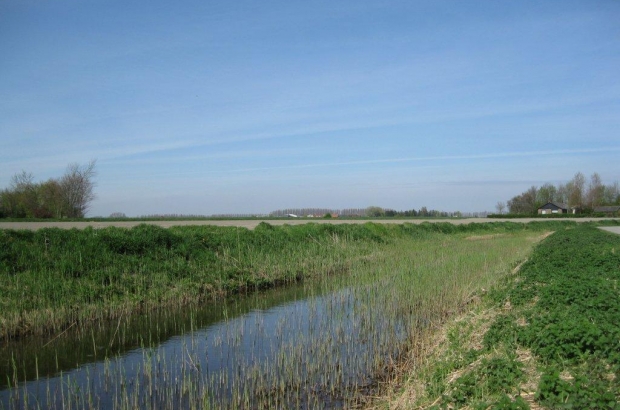- Daily & Weekly newsletters
- Buy & download The Bulletin
- Comment on our articles
Environment benefits from less winter salt on roads
The mild winter has had a positive side-effect for nature: with only one day where the temperatures dropped below zero, the roads and traffic agency AWV did not need to salt the roads. While salt melts snow and ice, helping to prevent car accidents, it is damaging for plants and small animals, as it later runs off road surfaces into the soil and groundwater.
“If we can avoid spreading salt, it helps the environment,” explained Camille Thiry of Mobiel Brussel, “because roadsides are polluted by salt, and the vegetation is affected. The impact is quite serious. The environment pays a price for keeping the roads open in winter.”
Not only nature but the taxpayer benefited from the mild weather. The salt lying unused this spring will cover next winter, generating a huge savings. In Brussels, for instance, only 200 tonnes of salt was used from a stock of 1,000 tonnes, costing €80 per tonne. In a normal winter, Thiry said, 3,500 tonnes is required.
The financial effects were also felt by the construction industry, which was forced by bad weather in 2012-2013 to down tools on 38 days, compared to zero this winter.
Also as a result of the mild winter, the tick population is awakening from winter sleep, something normally expected in April. The insects, which carry the bacteria that causes Lyme disease, wake up at temperatures above 10 degrees.
And a warning to tourists: the famed fruit blossoms of the Haspengouw region are expected two to three weeks earlier this year, Tom Deckers, a researcher at the horticultural centre in Sint-Truiden, told Stamp Media. The first pear blossoms will appear at the beginning of April, barring any intervening frost.


















